13 Confusing British Road Rules Americans Can’t Grasp
13 Confusing British Road Rules Americans Can’t Grasp
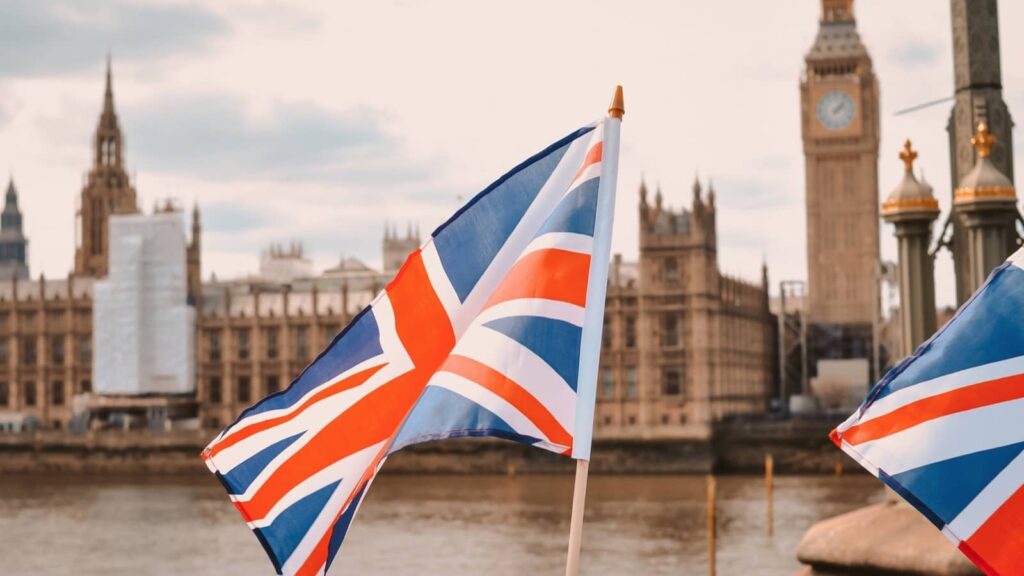
When Americans visit Britain, they often find the road rules quite different and sometimes confusing compared to those back home. From driving on the opposite side to handling roundabouts, there are several unique rules.
This list breaks down some of the most commonly misunderstood British road rules that Americans might struggle with. Let’s take a look at what can trip you up on British roads!
1. Driving on the Left
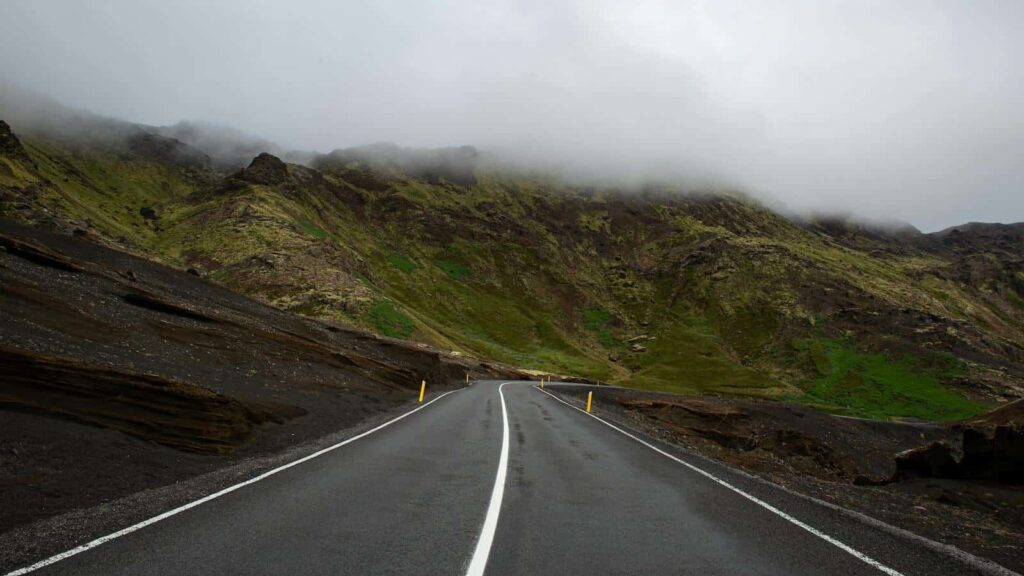
The most noticeable difference is that in Britain, everyone drives on the left side of the road. This fundamental rule is the opposite of the U.S., where drivers keep to the right. This switch affects everything from which way you turn at intersections to where you might expect oncoming traffic. It’s essential for American drivers in the UK to stay mindful and adjust their instincts accordingly.
2. Roundabouts
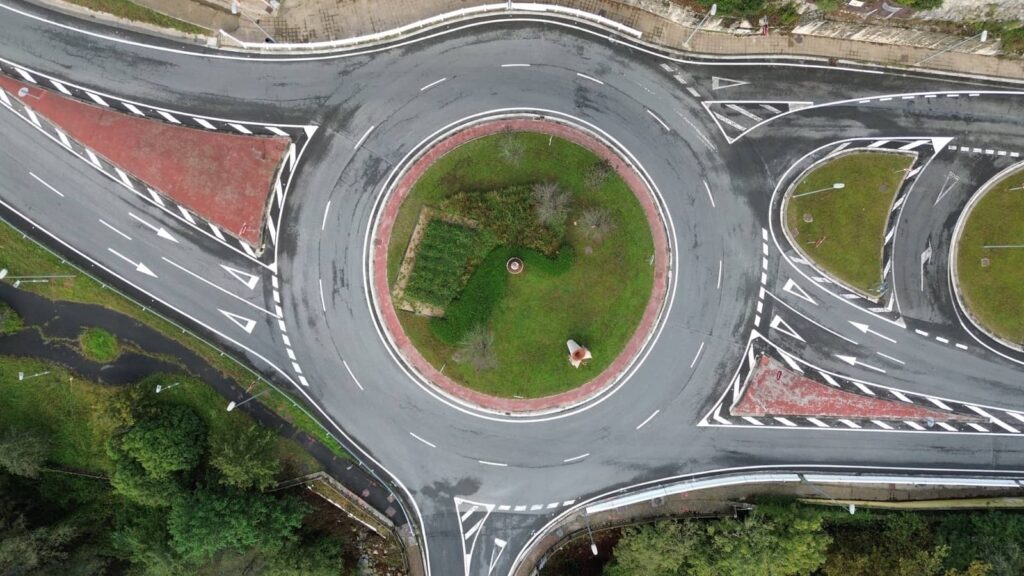
Roundabouts are commonplace in the UK and serve to keep traffic moving, avoiding many traditional stop signs and traffic lights. The key rule for navigating them is to give way to traffic already on the roundabout coming from your right. It’s also important to choose your lane early and signal your exit well in advance to avoid confusion and keep traffic flowing smoothly.
3. Priority to the Right at Mini-Roundabouts
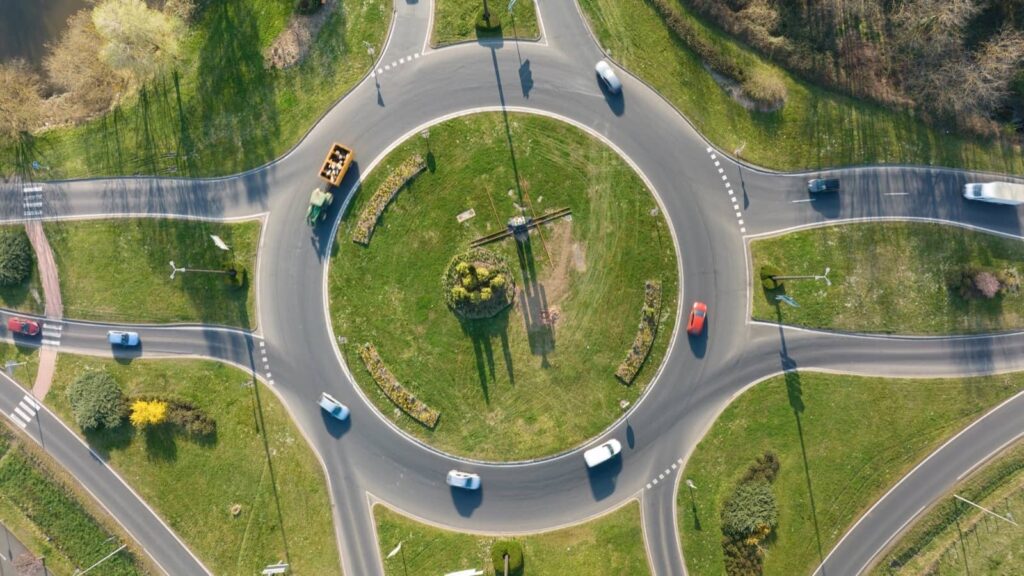
Mini-roundabouts, which can often just be a painted circle on the road, follow a simple rule: you must give way to traffic from the right. These require a good degree of observation and judgement as they often appear in areas with less space and typically more congested environments. Being cautious and alert here is key to smooth driving.
4. Box Junctions
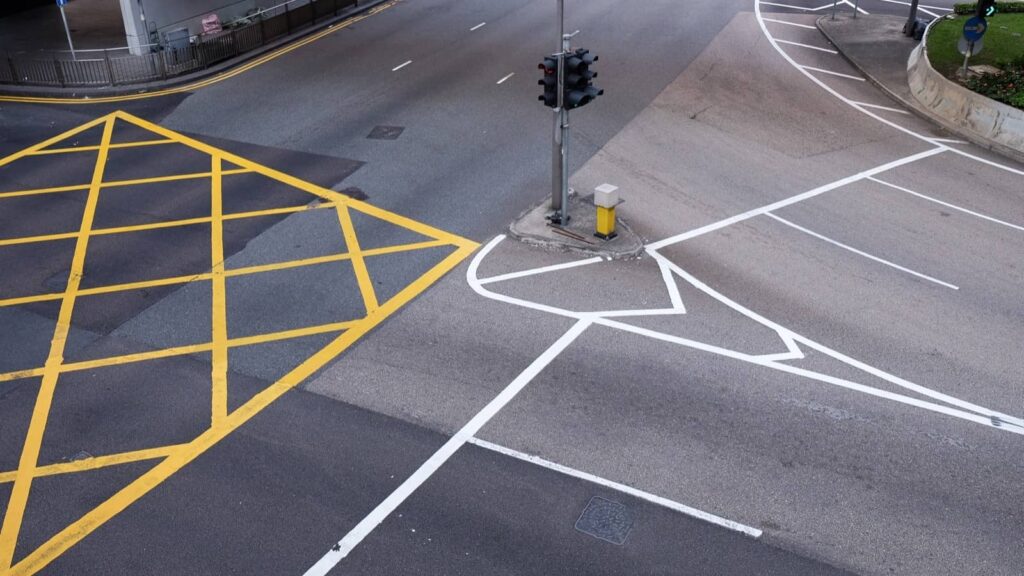
Box junctions are marked with yellow crisscross lines and you must not enter them unless your exit road is clear. However, you can enter the box and wait when you are turning right but are prevented from doing so by oncoming traffic. This rule helps keep intersections clear and traffic flowing, but make sure not to block the box!
5. Double Red Lines

In the UK, double red lines on the side of the road mean no stopping at any time, similar to the red lines found in some U.S. cities but with stricter enforcement. This rule is in place to help ensure that traffic especially in busy areas isn’t unnecessarily delayed by vehicles stopping where they shouldn’t.
6. Passing on the Left
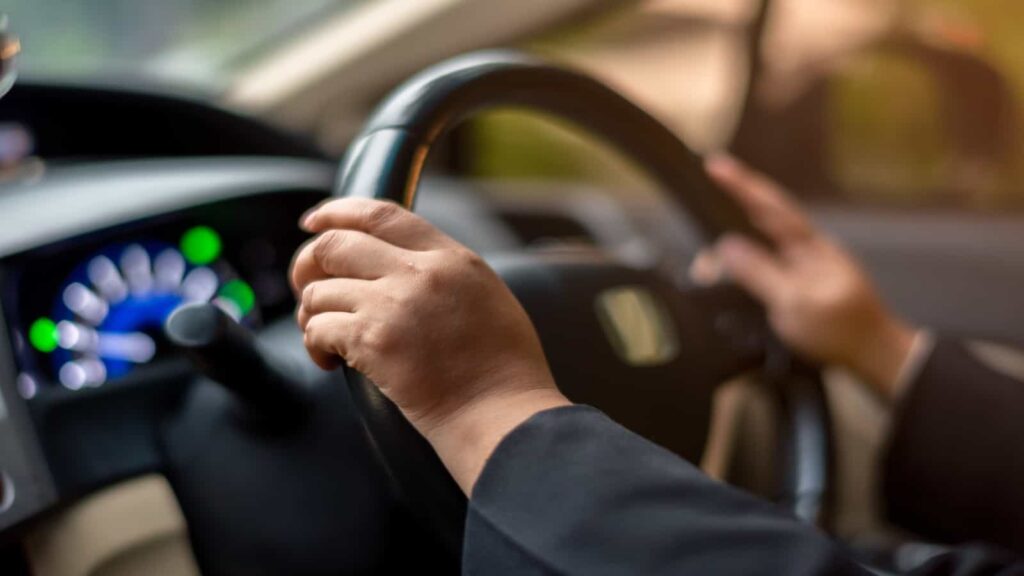
Generally, in the UK, passing on the left, or undertaking, is not allowed. However, there are exceptions like when the vehicle in front is signaling to turn right or in slow-moving traffic lines where the left-hand line might move faster. Nonetheless, it’s best to stay cautious and generally stick to overtaking on the right side.
7. Manual Transmission
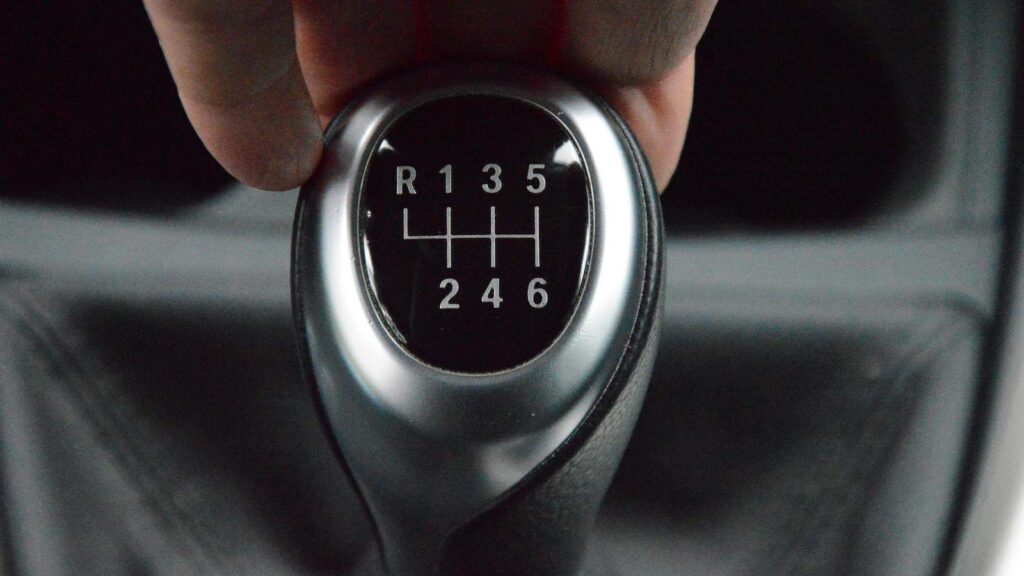
Unlike in the U.S., where automatic cars are very common, in the UK, manual transmission cars are much more prevalent. This can be a challenge for Americans who are not used to manually shifting gears. It’s a good idea to practice or request an automatic transmission car when renting a vehicle.
8. Congestion Charges

Some urban areas in the UK, like central London, require drivers to pay a congestion charge for driving within certain zones during specific hours. This system aims to reduce traffic and pollution in dense city centers. Drivers need to be aware of these zones and the charges to avoid unexpected fees.
You may also like: 50 Weird American Laws You Won’t Believe By State
9. Variable Speed Limits
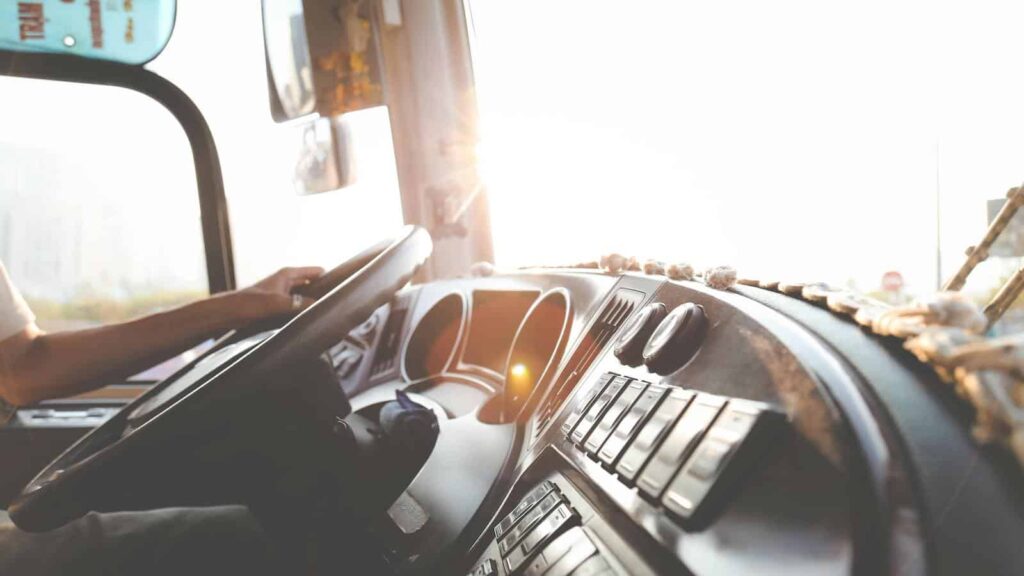
Variable speed limits on British roads can change based on traffic conditions or during different times of the day. These limits are usually indicated on electronic signs above the road or by the roadside. It’s crucial for drivers to stay alert and adjust their speed according to these signs to stay compliant and safe.
10. Drink Driving Laws

The UK has very strict laws on drink driving, with lower alcohol limits than many parts of the U.S. The penalties can be severe, ranging from fines and driving bans to imprisonment. It’s vital for visitors to understand these strict limits and adhere to them to avoid legal issues.
11. National Speed Limits
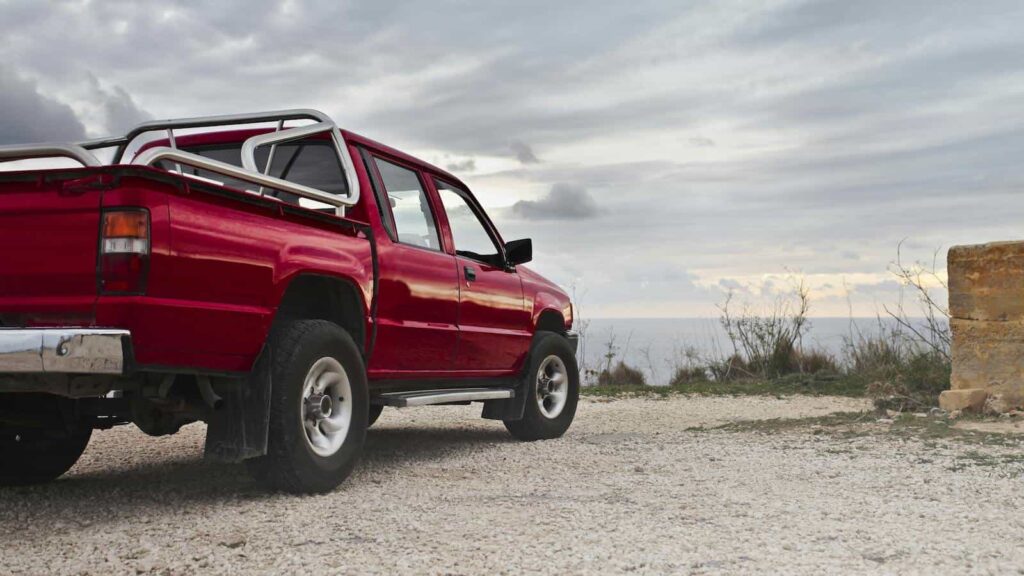
When you see a sign with a white circle and a black diagonal stripe, it indicates a ‘national speed limit applies’—usually 60 mph on single carriageways and 70 mph on dual carriageways and motorways. These speeds apply automatically unless other speed limits are specifically signed.
12. Parking Facing Against the Traffic
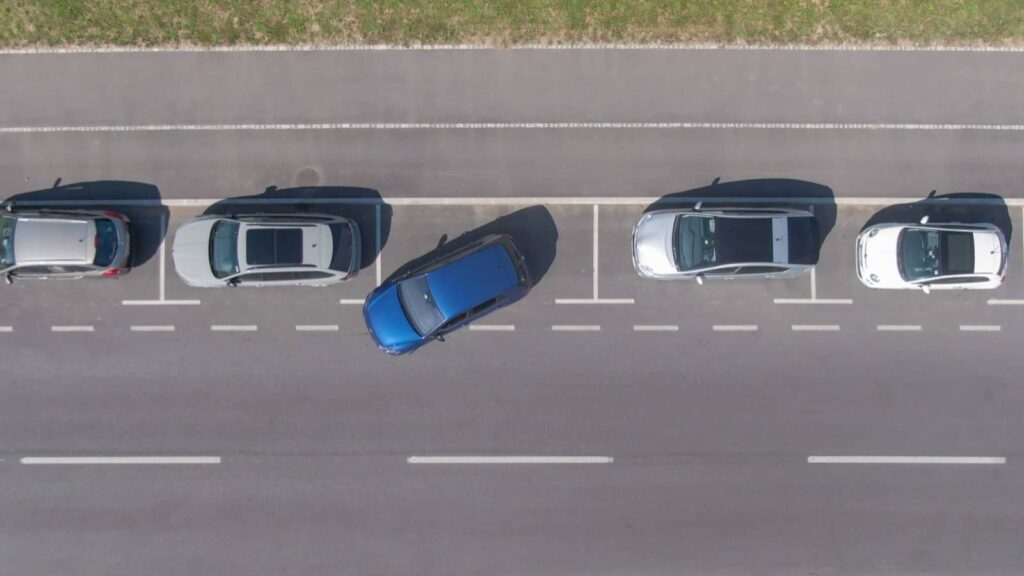
In the UK, it is illegal to park facing against the direction of traffic at night unless in a recognized parking space. This rule helps to ensure that vehicles are visible to other road users under the glow of streetlights, which illuminate the rear of the vehicle, not the front.
13. Use of Bus Lanes
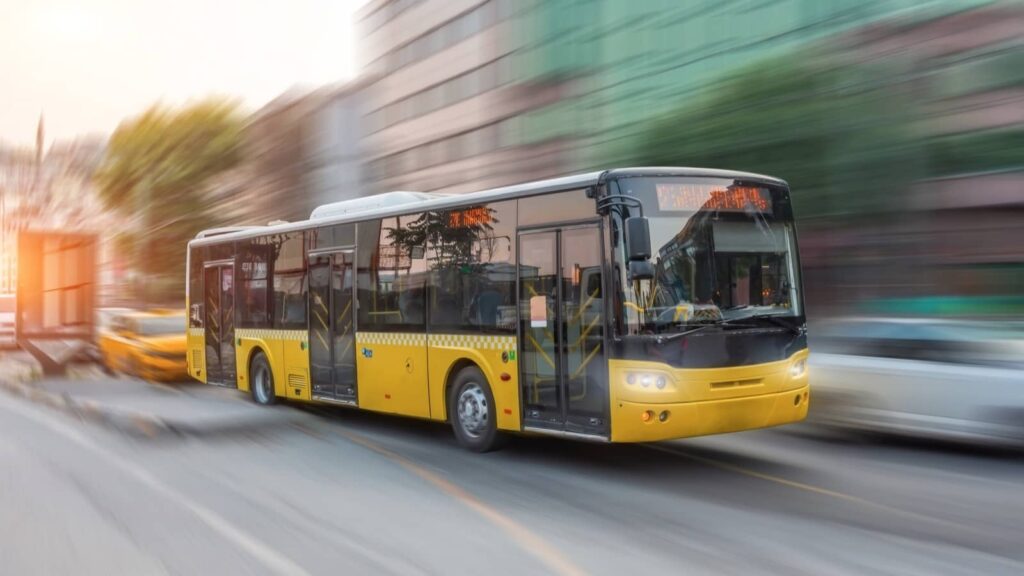
Bus lanes in the UK are designated only for buses, taxis, and sometimes bicycles during certain hours, which is clearly marked. Driving in these lanes during restricted times can result in fines. It’s crucial for drivers to pay attention to the road signs indicating the times of operation and the allowed vehicles.
10 American High School Events That Surprise Europeans

Read More: 10 American High School Events That Surprise Europeans
23 Things Americans Do Without Realizing How Weird They Are

Read More:23 Things Americans Do Without Realizing How Weird They Are
We are Mary and Eric, the founders of Be Right Back, a blog dedicated to romance around the globe and at home.
We are Mary and Eric, the founders of Be Right Back, a blog dedicated to romance around the globe and at home. With over 10 years of experience in dating and traveling to romantic places, we share our favorite date ideas and romantic destinations to help couples level up their relationships. Having lived in and traveled through the USA, we also share our favourite things to do in the States.
With 70,000 monthly readers and 16,000 followers on social media, Be Right Back is your go-to resource for romantic trip ideas and couple activities at home and abroad.
